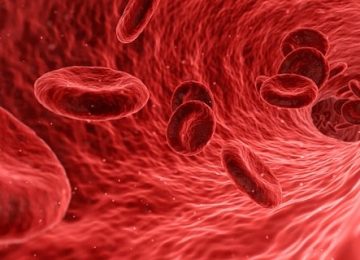

Immunology is the medical specialty that focuses on the study of the immune system, the body's natural defense against infections, diseases, and other harmful substances.
Immunologists are medical professionals who specialize in the diagnosis and treatment of immune system disorders such as allergies, autoimmune diseases, and immunodeficiency conditions.
The immune system is a complex network of cells, tissues, and organs that work together to protect the body against infections and other harmful substances. The thymus contains the spleen, lymph nodes, and bone marrow, as well as white blood cells, antibodies, and immune system proteins produced by these organs.
Allergies
Allergies are when the immune system overreacts to certain substances, such as pollen, pet dander, or certain foods. Allergy symptoms can include sneezing, itching, and difficulty breathing.
Autoimmune Diseases
Autoimmune diseases are conditions in which the immune system mistakenly attacks the body’s own tissues. Examples of autoimmune diseases include rheumatoid arthritis, lupus, and multiple sclerosis.
Immunodeficiency Conditions
Immunodeficiency states are disorders that weaken the immune system, making individuals more susceptible to infections and other diseases. Examples of immunodeficiency conditions include HIV/AIDS and primary immunodeficiency disorders.
Transfer Denial
After an organ transplant, the immune system may perceive the transplanted organ as foreign and try to reject it. Immunologists can help prevent transplant rejection by suppressing the immune system or using other therapies.
Cancer
The immune system may play a role in the development and progression of certain types of cancer, such as leukemia and lymphoma. Immunologists can help diagnose and treat these conditions, as well as develop immune-based therapies for cancer treatment.

